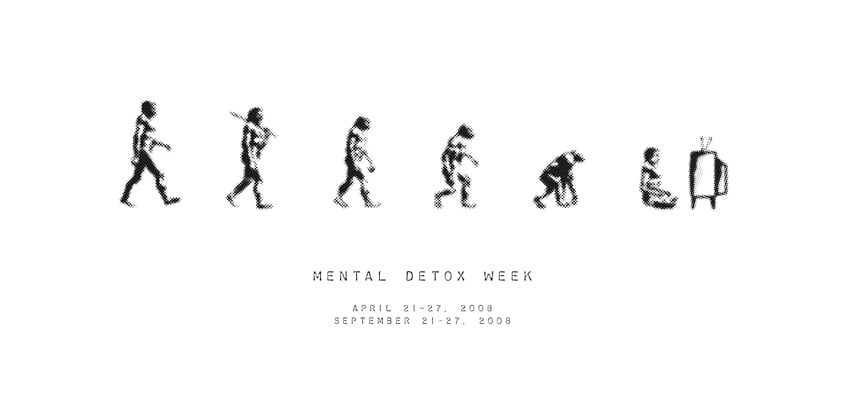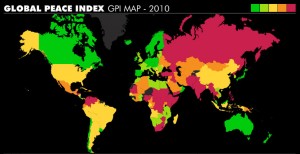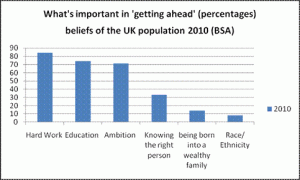
Following a spate of angry blog posts about biased TV coverage, I’ve done the logical thing and I’ve now had my TV turned off for a week (except for watching the programme I blogged about last night’ – I’m no purist).
This has got me thinking about ‘TV turn off week’, which I think is a thoroughly good idea! The next one’s due in mid April. This quote – taken from the centre for screen time awareness nicely sums up the advantages of turning off yer TV –
“I really didn’t like TV-Turnoff Week except that I did notice that my grades went up and I was in a good mood all week.” – Second grader Drew Henderson, Donora, PA
The site above outlines the fact that people spend a phenomenal amount of time engaged in watching TV and using computers – mainly playing games and on social networking sites., but points to the fact that health and well being are generally better when we limit our use of such forms of media.
I haven’t got the time to go into huge detail here about the effects of the media – but the first stage in measuring the impact media has on our lives is simply to keep track of how much time you spend using media technologies – both new and old, what you use them for, and how ‘purposeful’ that use is – are you actively using the media to achieve something, or just idling the time away.
I think I might I might set the following as homework for students next week –
1. Week 1 – Keep a diary of media use for a week.
2. Week 2 – see how much you can cut down your use of old and new media. Can you give up TV for a week? Facebook? The mobile phone?
3. Weeks 2 and 3 – Either note down the effects of your week of abstinence or reflect on why you failed to abstain,
4. Reflect on the meaning of the words ‘freedom’ and ‘addiction’ in relation to your media use. We often think of TV as something we do with our ‘free time’ and Facebook as something that allows ‘freedom of expression’ – but if you can’t give either of them up, are you truly free?


